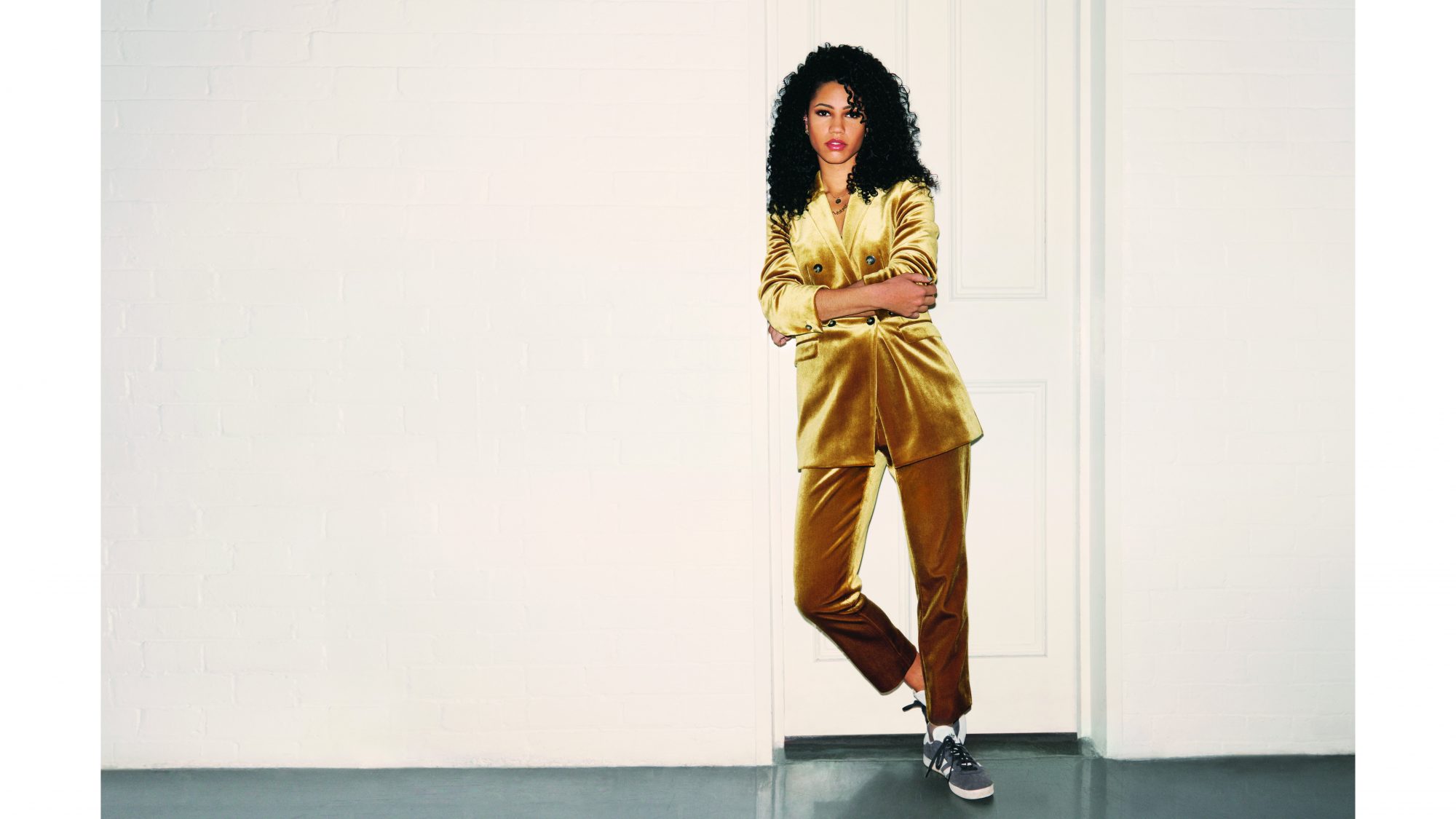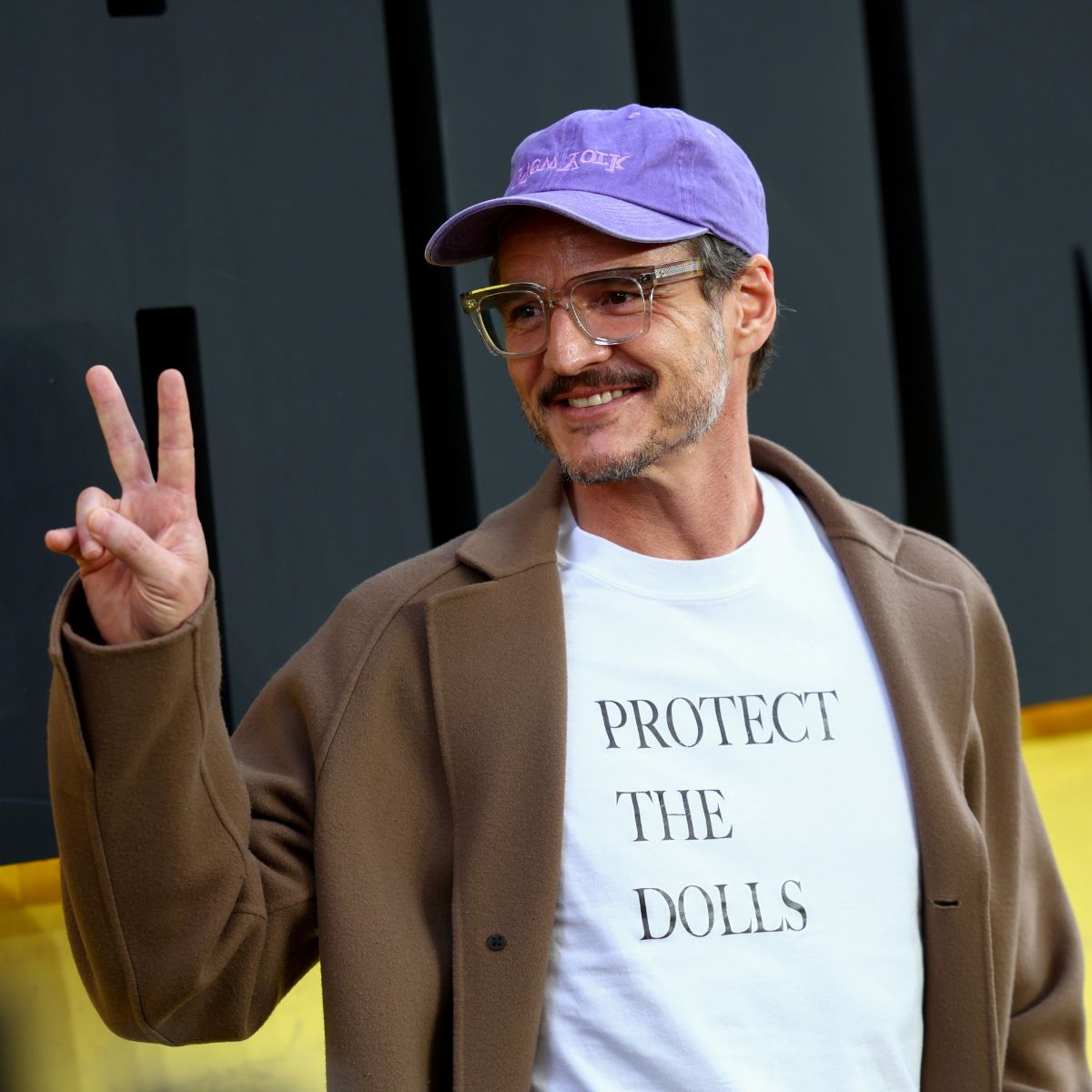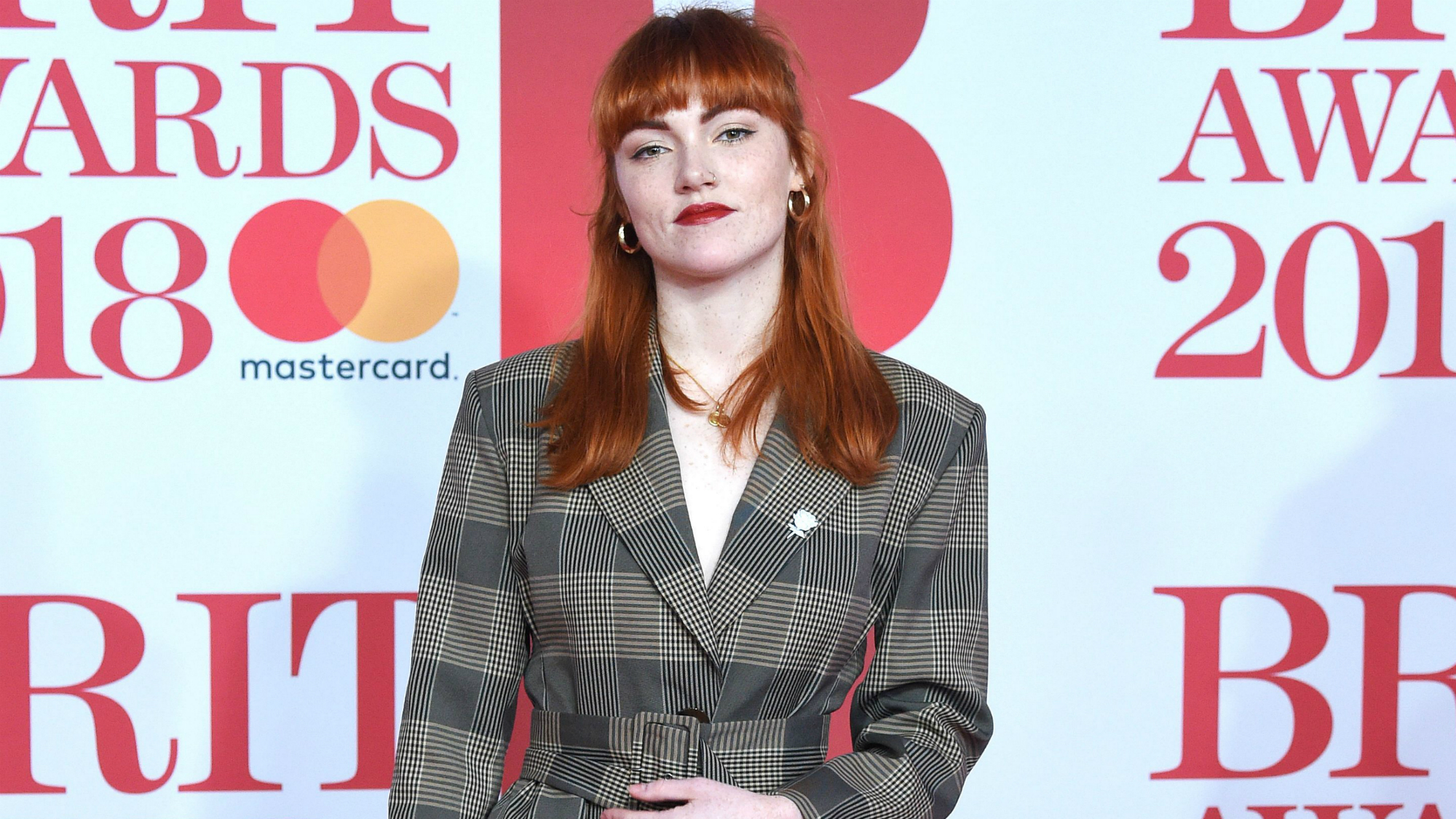The sexist reason female radio DJs don't control their own microphones
DJ Vick Hope on why radio is still an old boys club

DJ Vick Hope on why radio is still an old boys club
Award-winning journalist and broadcaster Vick Hope, 28, co-hosts the breakfast show on Capital FM. She has also worked for MTV, 4Music and ITV. As part of our #NotMyJob campaign, Vick is speaking out about the sexist culture of radio.
Here’s a little-known fact about my industry: radio studios are usually set up with two main microphones for the presenters, known in the business as ‘mic 1’ and ‘mic 2’. Mic 1 has the control buttons for both so, in effect, whoever sits at mic 1 has the power to silence the other.
Now consider this: in the long history of male-female duos, the man almost exclusively sits at mic 1; the woman at mic 2. Incredible, right? So, without question, the man is in control, meaning that until he decides to switch her on, the woman across the desk from him essentially has no voice.
For me it’s what this mechanical fact represents that stings. I was told this six years ago when, fresh out of university and full of ambition, I attended a talk for budding broadcasters at the BBC led by Woman’s Hour anchor Jane Garvey. At 21, excitedly embarking upon my broadcasting journey, it hit me hard. Why, I thought, are producers and programmers not questioning an ingrained power structure that subconsciously silences women. Regardless of their talent or drive, the message is clear: ‘Know your place… because that’s just how it is.’
Six years into the industry, challenging this antiquated assertion has become a daily battle for me. Yes, I work with fantastic TV and radio teams, my job is a dream, I love my colleagues and, to be clear, I’m not pointing fingers here at any companies in particular. But there remains an inherent systemic problem that’s lamentably become the norm.
It shouldn’t be normal to be told, even by your closest workmate, that ‘radio’s an old boys’ club, you’ll learn to get used to it’, or that your chances of nailing a telly gig are seriously enhanced by, frankly, gross flirtation with certain bosses. It shouldn’t be normal to seldom see a single female face in a managerial position or on the boards of the biggest media companies, or to feel out of place sitting in a meeting room full of middle-class, middle-aged white men explaining to you how to tell your own story.
Marie Claire Newsletter
Celebrity news, beauty, fashion advice, and fascinating features, delivered straight to your inbox!
Why does an overwhelmingly male office of production staff raise so few eyebrows? Why is it still acceptable that the only female producer is still relegated to tea runs and answering the phones, or that an almost entirely male presenter line-up goes unchallenged for just looking plain weird. Because, come on, in 2018, it does. Really weird.
I never expected to encounter sexual discrimination when I started out, and these daily aggressions came as a shock. But more shocking was how quickly I became numb to it all; how quickly I began to work out ways I could push my way through the industry in spite of it, rather than tackling this shit head-on. It’s the normalisation of male-centric cultures that lock out female talent at work. But #MeToo and #TimesUp have created a watershed moment. Women are speaking out and it’s brilliant, it’s exciting, and it’s only the beginning. Thanks to these movements, I know my male colleagues are starting to understand, support and accept that this conversation needs to be had.
Together, we can put pressure on our employers to do better, to represent the rich diversity of the audience they serve, to stop painting women as sidekicks, as appendages or accessories to men. Otherwise, we risk other young women sitting in talks like I did six years ago thinking, ‘I know my place, and it’s not here.’
Andrea Thompson is Editor in Chief at Marie Claire UK and was named by We are the City as one of the UKs top 50 trailblazers for her work championing gender equality. She sits on the committee of the British Society of Magazine Editors where she acts as Chair.
Andrea has worked as a senior journalist for a range of publications over her 20 year career including The Sunday Times, The Guardian, The Daily Mail, Channel 4, Glamour and Grazia. At Marie Claire UK, Andrea oversees content, strategy, events and campaigns across fashion, beauty and the brand's purpose pillars.
-
 How the slogan t-shirt became this season's must-have - and why it's more than just another trend
How the slogan t-shirt became this season's must-have - and why it's more than just another trendNot just another Nineties throwback
By Clementina Jackson
-
 How are Trump’s tariffs affecting the fashion industry?
How are Trump’s tariffs affecting the fashion industry?The fluctuating situation in the US is having very real consequences
By Rebecca Jane Hill
-
 Here's every character returning for You season 5 - and what it might mean for Joe Goldberg's ending
Here's every character returning for You season 5 - and what it might mean for Joe Goldberg's endingBy Iris Goldsztajn
